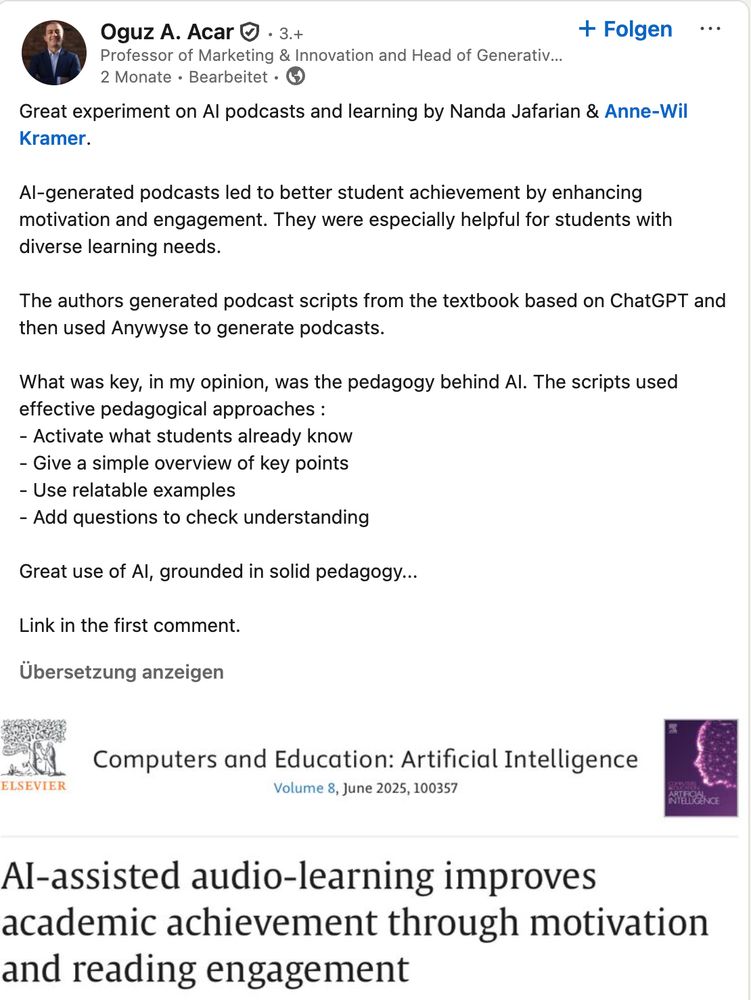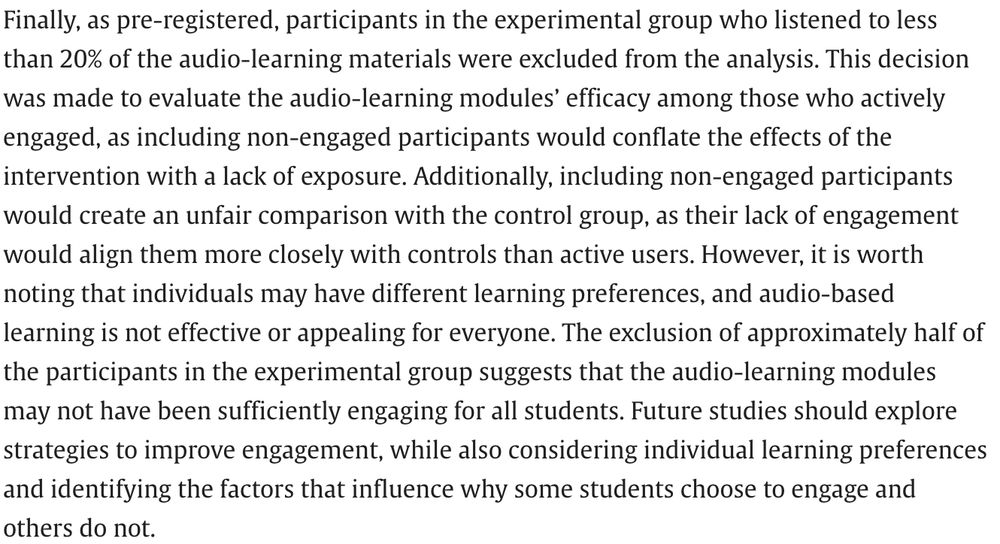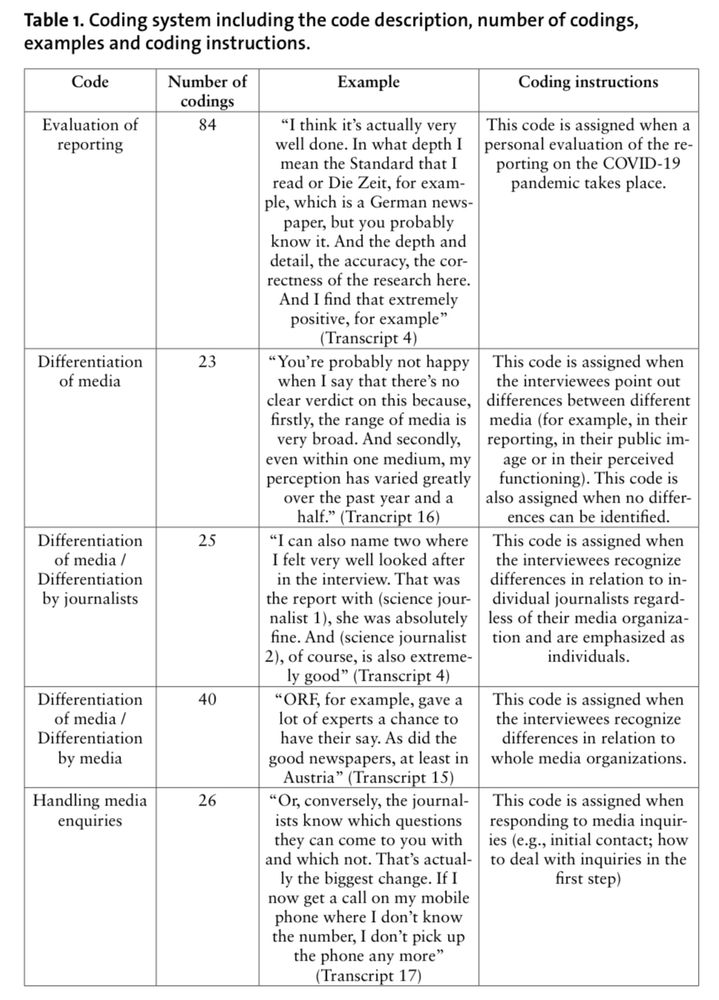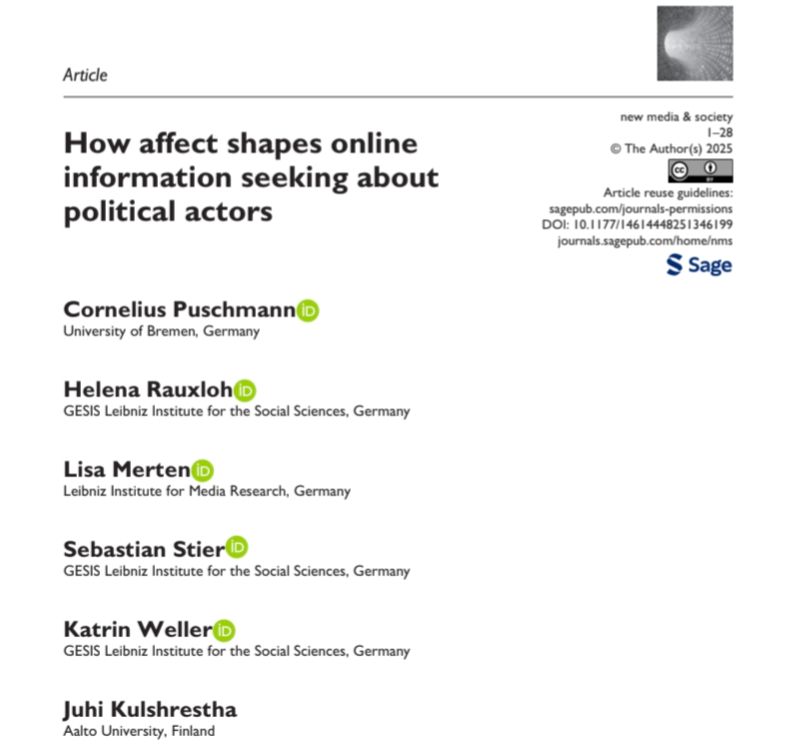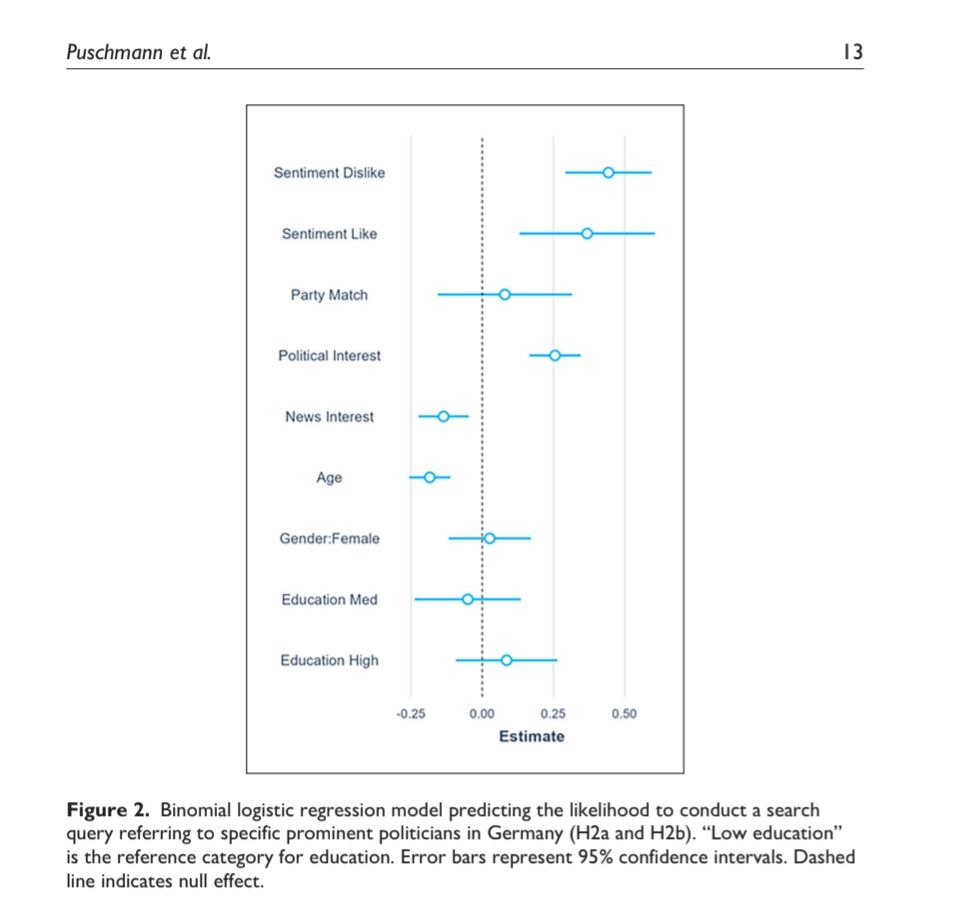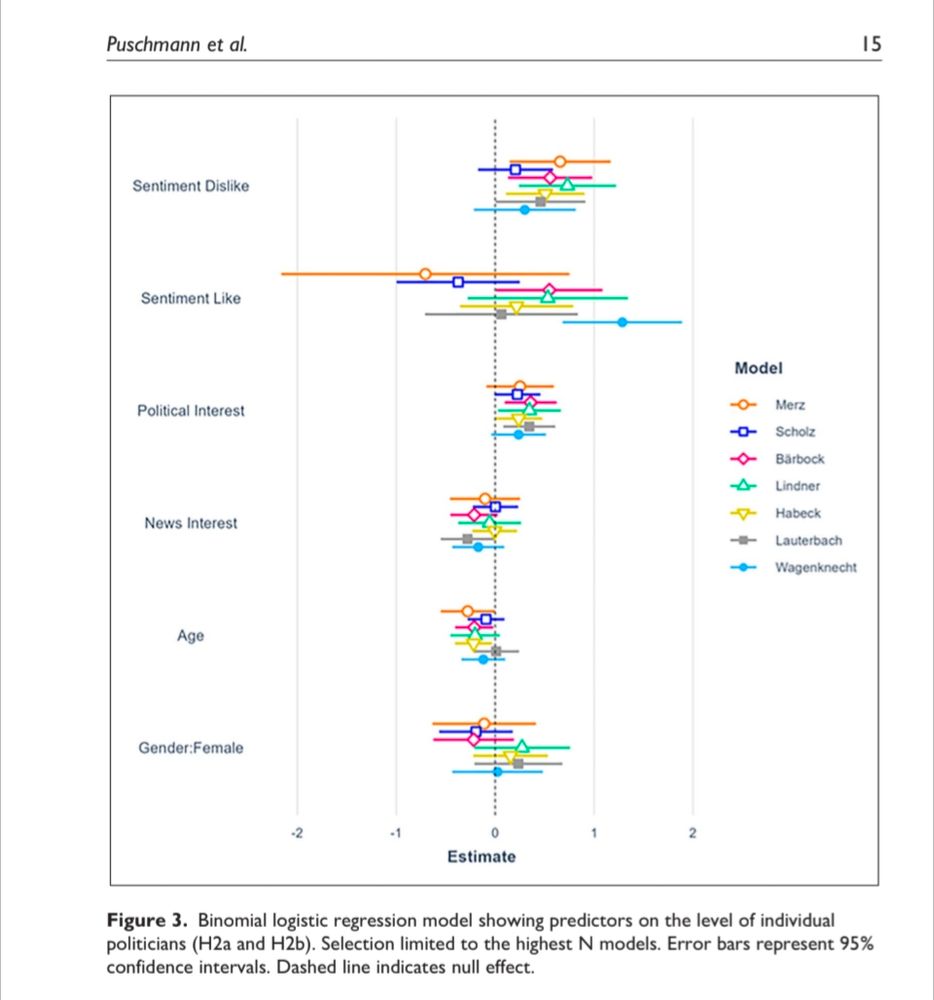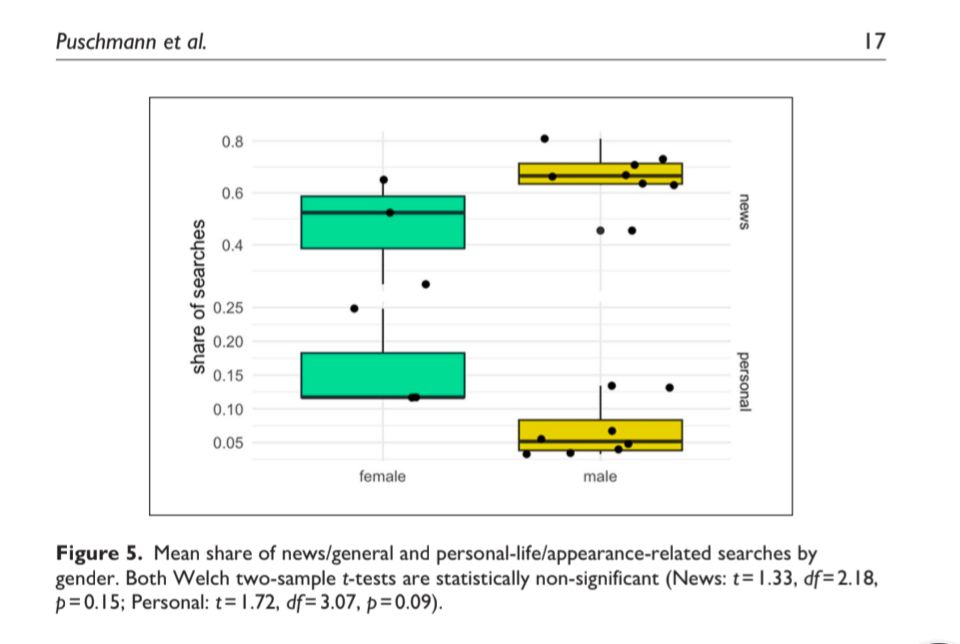Marko Bachl
@bachl.bsky.social
2.1K followers
2.1K following
270 posts
communication research at @ifpuk-berlin.bsky.social @freieuniversitaet.bsky.social
Posts
Media
Videos
Starter Packs
Reposted by Marko Bachl
Reposted by Marko Bachl
Reposted by Marko Bachl
Reposted by Marko Bachl
Marko Bachl
@bachl.bsky.social
· Aug 22
Marko Bachl
@bachl.bsky.social
· Jul 14
Reposted by Marko Bachl
Marko Bachl
@bachl.bsky.social
· Jul 12
Marko Bachl
@bachl.bsky.social
· Jul 12
Reposted by Marko Bachl
Reposted by Marko Bachl
Marko Bachl
@bachl.bsky.social
· Jul 1
Reposted by Marko Bachl
Reposted by Marko Bachl













